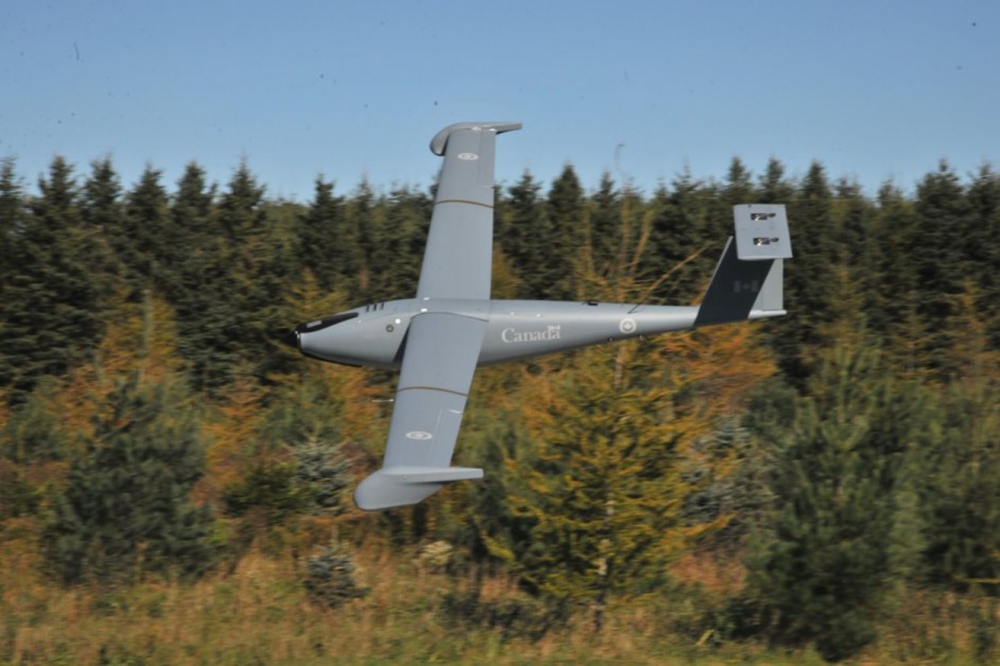Volatus announced that it has been granted a Special Flight Operating Certificate (SFOC) from Transport Canada to conduct remotely piloted aerial operations across the country, beyond the visual line of sight (BVLOS) of the pilot.
Volatus will conduct a variety of missions across Canada to demonstrate the power of remotely piloted aircraft systems. BVLOS operations provide for maximum efficiency allowing survey, imaging, and mapping missions to collect more data in fewer deployments by enabling a drone to cover far greater distances than missions restricted to visual line of sight.
Commenting on this advanced program, Glen Lynch, CEO said
“Volatus is committed to advancing BVLOS operations across Canada. We have developed an extensive training program for pilots and procedures for autonomous drone operations. Beginning this month, our team will begin regular flight training missions in all regions in Canada on an ongoing basis – partnering with organizations that want to lead the way into this new frontier”.
Flying a drone BVLOS is the next major step in enabling a robust commercial ecosystem for disruptive drone technologies. Indeed, the world is anxiously awaiting the day a drone delivers its Amazon box or pizza, but flight beyond visual line of sight is much more than that.
Drones are enhancing our everyday lives in countless ways by reducing human risk in hazardous situations, enhancing the collection of data in an environmentally and cost-effective manner; performing search & rescue activity; conducting security and surveillance operations, and providing highly accurate and timely actionable intelligence to manage our buildings, infrastructure, environment, and wildlife.
Flights under these conditions will allow commercial service providers to conduct complex, autonomous drone operations in areas generally difficult and expensive to access or dangerous, without risk to human life.
In addition to the much-anticipated drone delivery service; future BVLOS operations will be an essential requirement for remotely piloted passenger and cargo aircraft. The paradigm shift that this represents requires the development of an entirely new infrastructure to support its commercial feasibility.
Source: Press Release

